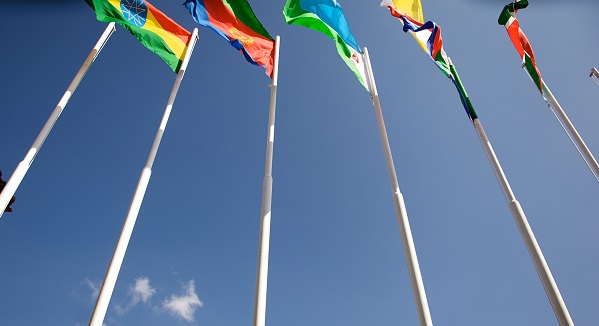This Monday, the European External Action Service and the European Commission (EC) published a Joint Communication: Towards a comprehensive strategy with Africa which sets out the vision of the two institutions regarding the future EU-Africa partnership. It suggests what it defines as a balanced, coherent and comprehensive approach to migration and mobility as its proposed action for the partnership with Africa.
The communication broadly stresses the need for a “balanced, coherent and comprehensive approach to migration and mobility, guided by the principles of solidarity, partnership and shared responsibility and based on the respect for human rights and international law”. It refers to the EU’s commitment to support African countries in addressing the “refugee crisis” and in finding durable solutions, including resettling refugees in Europe. However, at the practical level the suggested partnership on migration and mobility reaffirms the previous approach to managing migration and mobility, referring to the joint Valetta action plan, the Khartoum and Rabat process, the EU partnership framework on migration and the AU-EU-UN trilateral task force on migration.
The communication emphasizes the prevention of irregular migration, fight against smuggling and trafficking as priorities alongside effective border management. It also stresses the need to improve cooperation on return and readmission and mentioned support for voluntary returns and effective implementation and conclusion of readmission arrangements as actions. This should happen in parallel to stepping up cooperation on legal migration. The proposed action of partnering with Africa to ensure a balanced, coherent and comprehensive approach to migration and mobility further makes reference to the Sustainable Development Goals no 1 (on poverty) and 10 (on inequalities).
EU Member States will consider the Joint Communication in the coming months with a view of adopting Foreign Affairs and European Council conclusions. This process is happening in parallel to ongoing negotiations on the post-Cotonou framework and the priorities and architecture of EU development funding after 2021.
The partnership on migration and mobility is one of five areas outlined in the communication to guide discussions between the EU and African Union (AU) ahead of the EU-AU Summit in October 2020. Beyond migration it includes a partnership for the green transition and energy access; a partnership for digital transformation; a partnership for sustainable growth and jobs; and a partnership for peace, security and governance.
For further information:
- ECRE, Weekly Editorial: From Imposing to Engaging: African Civil Society Perspectives on EU Africa Cooperation, 13 March 2020
- ECRE, ECRE Working Paper: Civil Society Input to EU-Africa Cooperation on Migration: EU-AU Relations, February 2020
- ECRE, ECRE Working Paper: Civil Society Input to EU-Africa Cooperation on Migration: The Case of Morocco, February 2020
- ECRE, ECRE Working Paper: Civil Society Input to EU-Africa Cooperation on Migration: The Case of Senegal, February 2020
- ECRE, ECRE Working Paper: Civil Society Input to EU-Africa Cooperation on Migration: The Case of Niger, February 2020
- ECRE, ECRE Working Paper: Civil Society Input to EU-Africa Cooperation on Migration: The Case of Ethiopia, February 2020
- ECRE, ECRE Working Paper: Civil Society Input to EU-Africa Cooperation on Migration: The Case of Kenya, February 2020
- ECRE, ECRE Working Paper: Civil Society Input to EU-Africa Cooperation on Migration: The Inclusion of Refugees in Kenya,
February 2020Photo: (CC) US Army Africa, November 2008
This article appeared in the ECRE Weekly Bulletin . You can subscribe to the Weekly Bulletin here.

